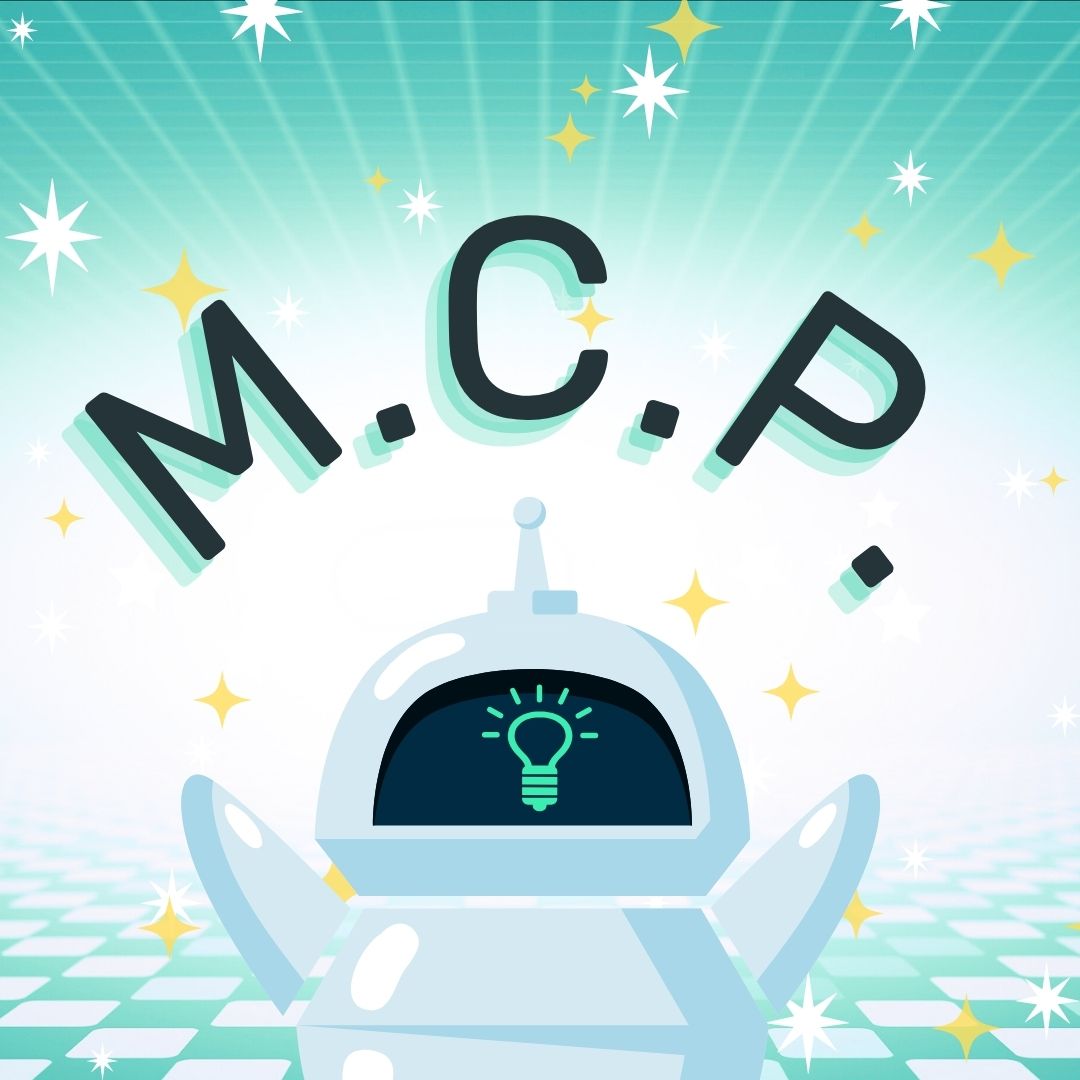The Role of MCP in Next-Gen Assistants
MCP, in the context of AI, refers to the Model Context Protocol, an open standard that defines how large language models (LLMs) can access and utilize external data, tools, and services.

MCP, in the context of AI, refers to the Model Context Protocol, an open standard that defines how large language models (LLMs) can access and utilize external data, tools, and services.

There’s a growing realization in the world of artificial intelligence: raw intelligence isn’t enough. If AI agents are going to help us in meaningful, personalized ways, they need something deeper - context.
Enter the Model Context Protocol (MCP), an emerging standard designed to give AI assistants access to real-time, relevant data about their users, securely and privately. MCP may be the missing layer that enables the leap from generic models to truly helpful digital agents.
Most current AI models operate in a vacuum. They’re trained on massive datasets but know nothing about you, your calendar, your health, your preferences, or your history, unless you manually input that information. This creates friction and limits usefulness.
For example:
Without context, even the smartest AI remains shallow.
The Model Context Protocol acts as a secure, interoperable bridge between an AI model and user-controlled data sources. Instead of platforms holding all the data, MCP allows users to share relevant information with the AI, on their terms.
Key features:
MCP doesn’t just make assistants smarter, it helps them become agents: systems that can act on your behalf, understand your priorities, and adapt to your evolving needs.
Imagine:
Of course, giving AI access to real-time personal data introduces new risks. That’s why MCP emphasizes:
These aren’t just technical features, they’re the building blocks of trust in a context-aware AI ecosystem.
As AI becomes more powerful, the next frontier isn’t more data or bigger models, it’s relevant, real-time context. The Model Context Protocol offers a path toward agents that don’t just answer questions, they understand lives.
Would you give your AI access to your calendar, habits, or mood? Under what conditions would you trust it to help you decide?